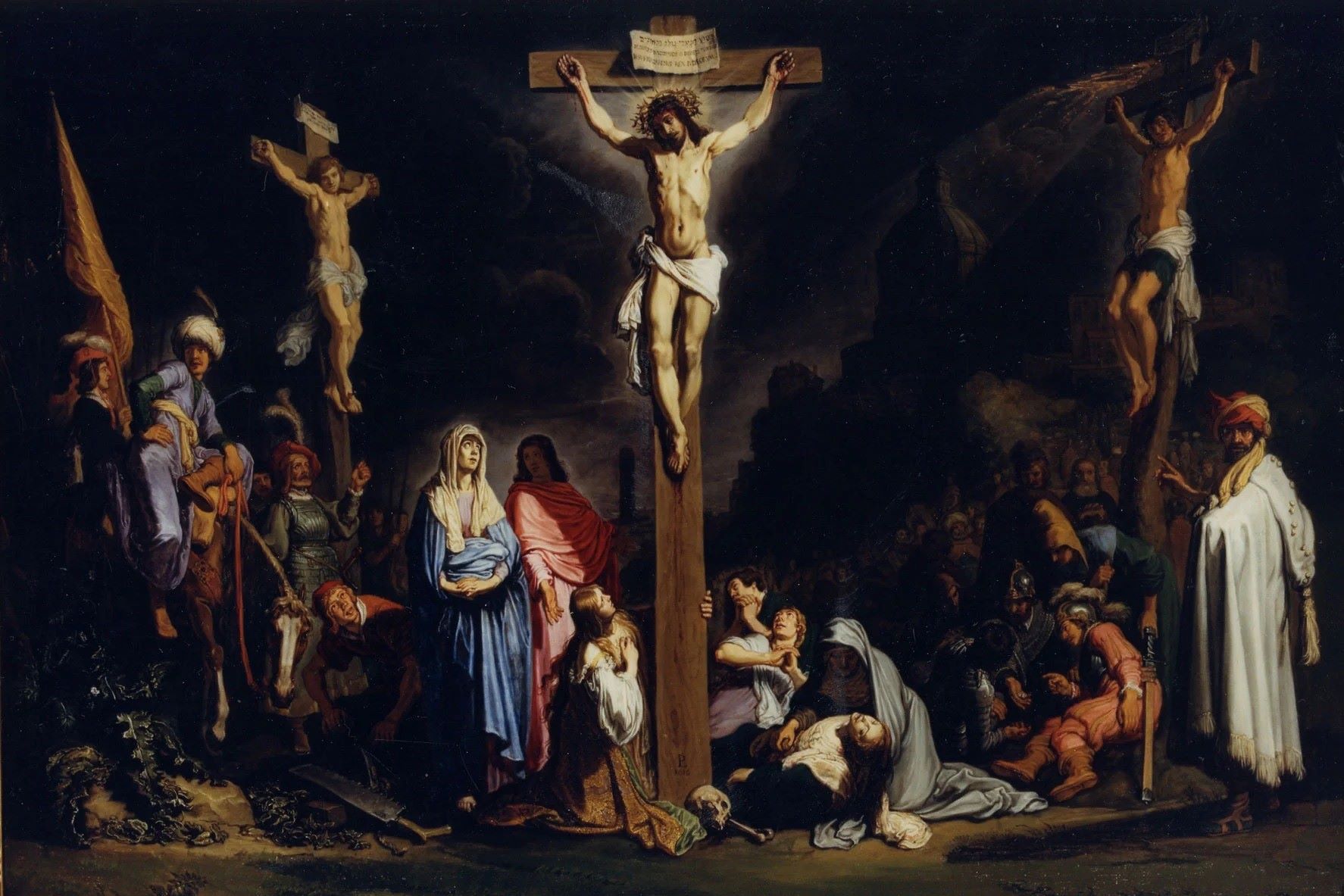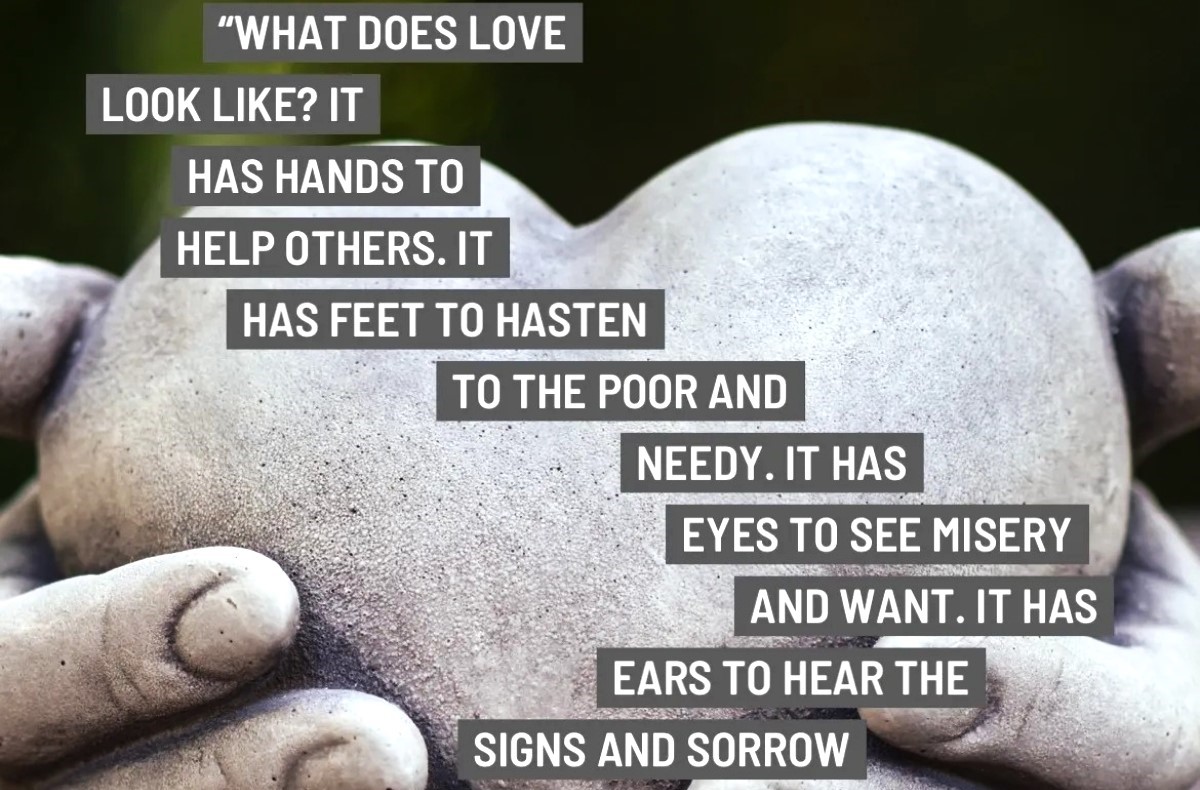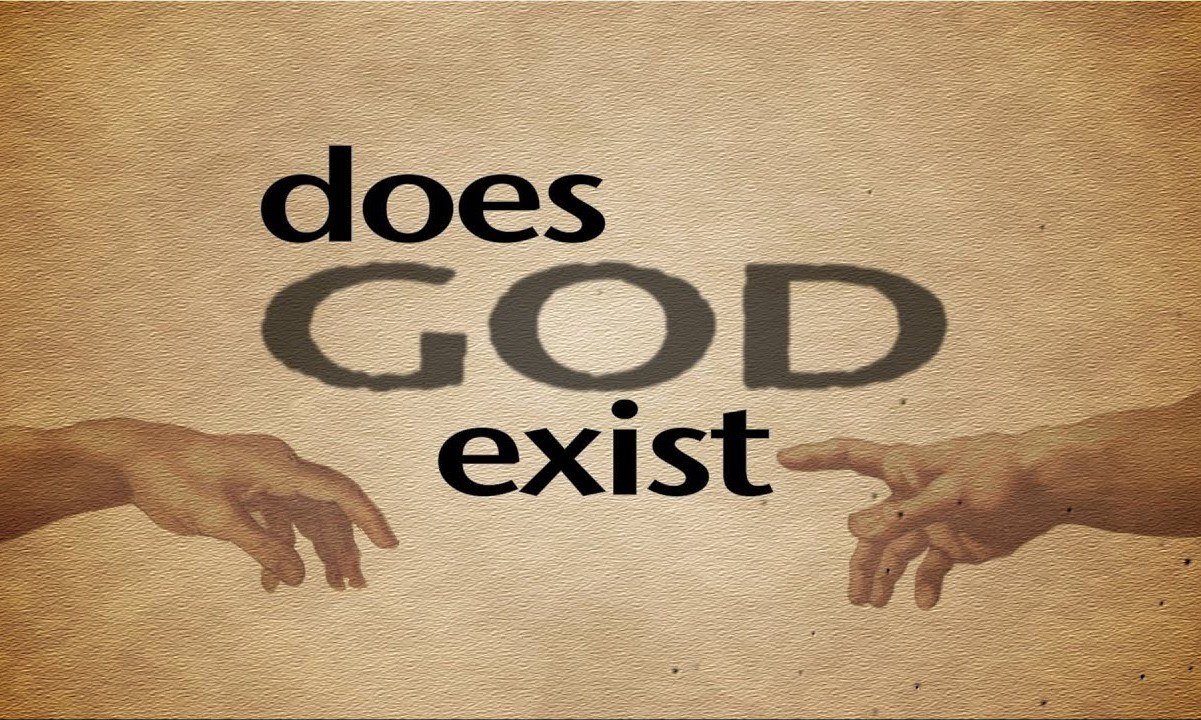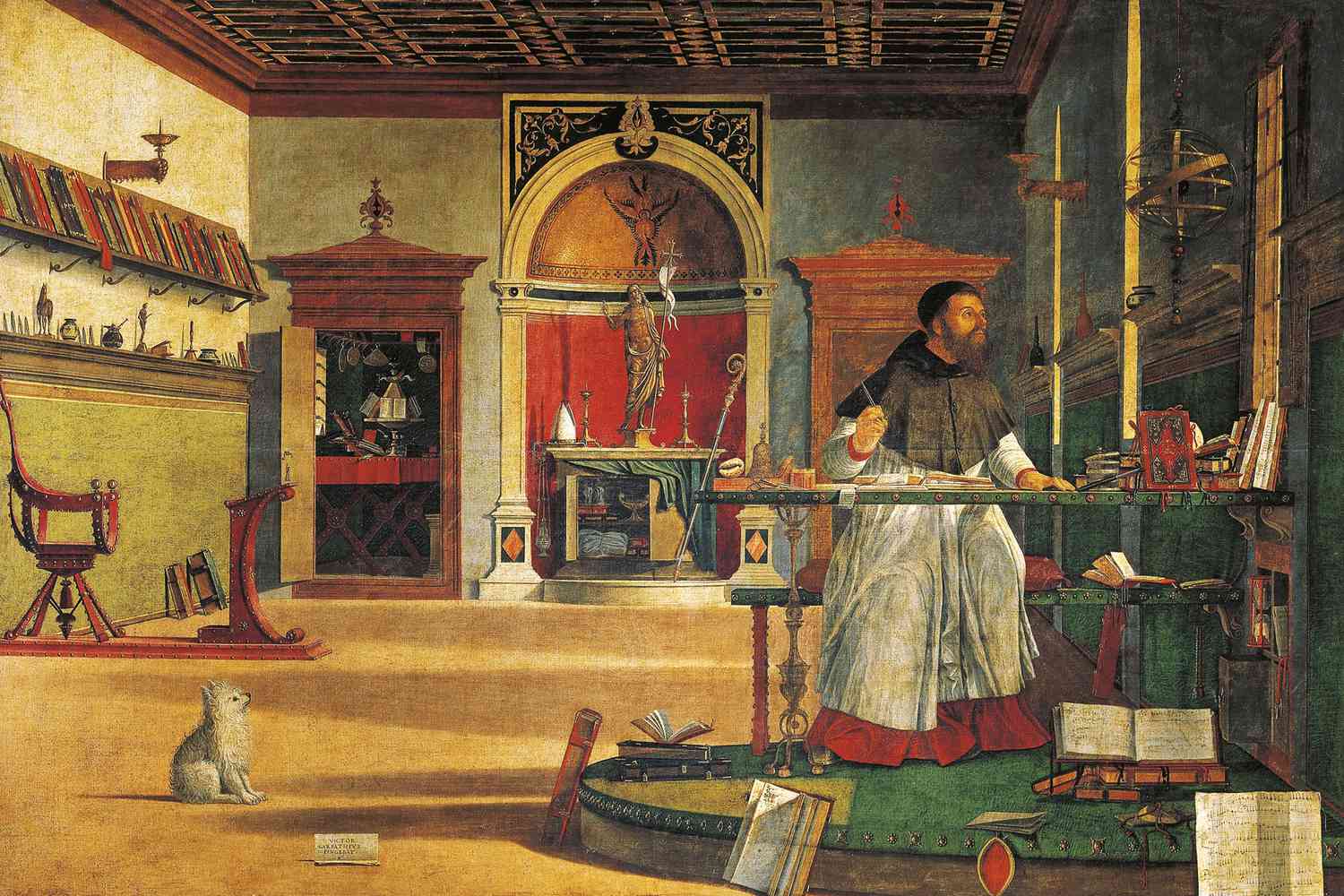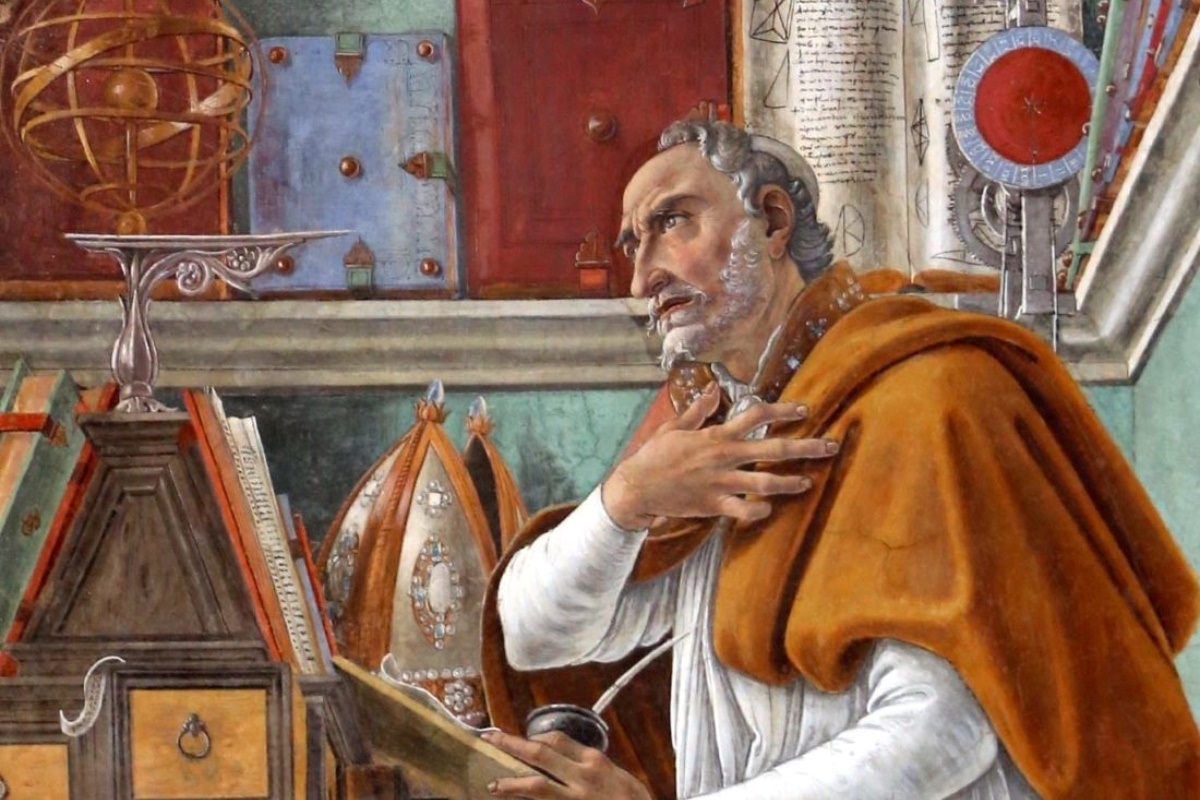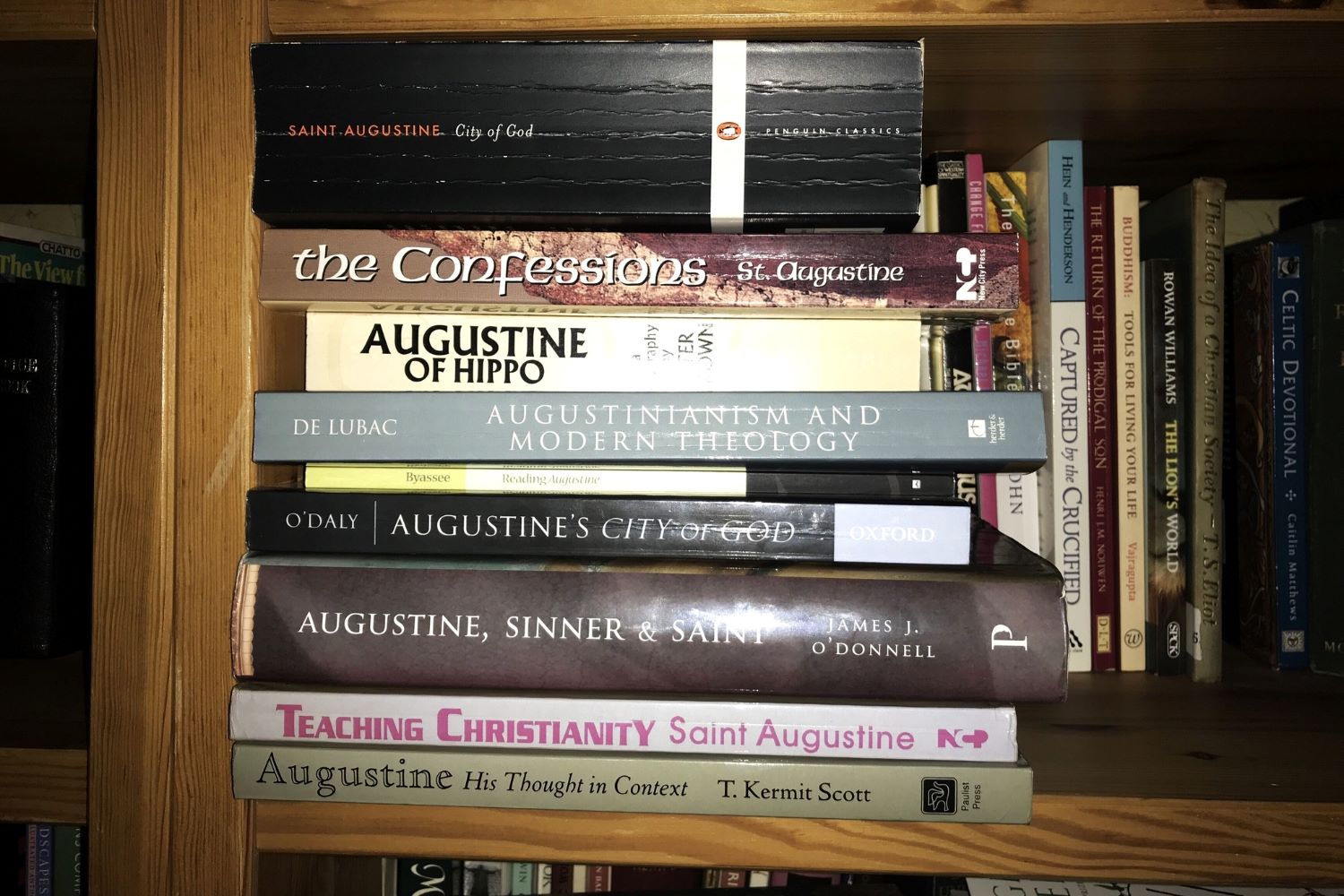Home>Theology and Spirituality>What Arguments Does Augustine Give For And Against Marriage
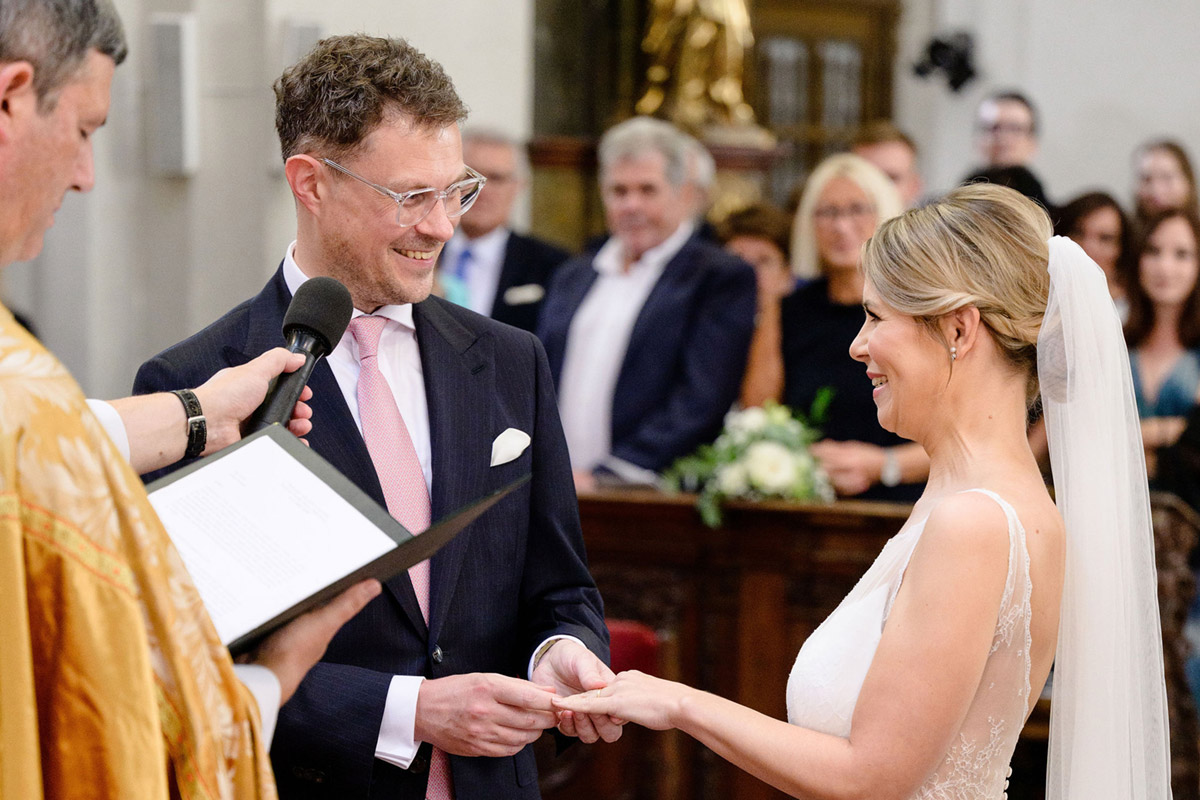

Theology and Spirituality
What Arguments Does Augustine Give For And Against Marriage
Published: February 10, 2024
Ericka Andersen, an editor at Christian.net, expertly merges digital strategy with content creation, focusing on faith and societal issues. Her communication skills enhance the platform's engaging narratives, fostering meaningful dialogue on belief's impact on society.
Discover Augustine's compelling arguments for and against marriage in this insightful exploration of theology and spirituality. Gain a deeper understanding of his perspectives.
(Many of the links in this article redirect to a specific reviewed product. Your purchase of these products through affiliate links helps to generate commission for Christian.net, at no extra cost. Learn more)
Table of Contents
Introduction
Marriage has been a cornerstone of human society for millennia, serving as a union of love, companionship, and procreation. Throughout history, theologians and philosophers have deliberated on the merits and drawbacks of this sacred institution. One such luminary was Saint Augustine of Hippo, a revered theologian of the early Christian church. Augustine's reflections on marriage offer profound insights into the complexities and nuances of this timeless institution.
In his seminal work, "The Good of Marriage," Augustine delves into the multifaceted nature of marriage, exploring its spiritual, emotional, and societal implications. His contemplations on the subject continue to resonate with contemporary audiences, inviting introspection and discourse on the fundamental aspects of human relationships.
Augustine's perspective on marriage is deeply rooted in his theological framework, which emphasizes the pursuit of divine truth and the inherent struggles of the human condition. Through his writings, he grapples with the tension between the earthly pleasures of companionship and procreation and the spiritual calling to transcend worldly attachments.
As we delve into Augustine's arguments for and against marriage, we embark on a journey of intellectual inquiry and introspection. By examining the profound wisdom articulated by this venerable theologian, we gain a deeper understanding of the complexities inherent in the human experience and the pursuit of spiritual fulfillment.
With this foundation laid, let us delve into Augustine's compelling arguments for the institution of marriage, which shed light on its profound significance in the human journey.
Arguments for Marriage
-
Procreation
Marriage, according to Augustine, serves as a divine institution for procreation, enabling the perpetuation of the human race. He posits that the union of man and woman in marriage is inherently linked to the sacred responsibility of bearing and nurturing offspring. Augustine's theological perspective underscores the significance of procreation within the marital bond, framing it as a fundamental purpose ordained by the divine. The act of bringing forth new life within the sanctity of marriage is regarded as a manifestation of God's providence and a testament to the perpetuation of the human lineage.
-
Companionship
Augustine extols the virtues of companionship as a pivotal aspect of marriage. He elucidates that the union of spouses fosters a profound sense of emotional and spiritual companionship, providing solace, support, and intimacy. Within the marital covenant, individuals find a steadfast companion with whom they can share life's joys and tribulations. Augustine's emphasis on companionship underscores the intrinsic human need for emotional connection and solidarity, affirming the sanctity of the marital bond as a source of profound comfort and mutual understanding.
-
Social Stability
Augustine advocates for marriage as a stabilizing force within society, fostering familial cohesion and societal order. He contends that the institution of marriage engenders a framework for nurturing children within a stable and nurturing environment, thereby contributing to the broader fabric of social stability. Augustine's perspective underscores the pivotal role of the family unit in shaping the moral and ethical foundations of society, emphasizing the stabilizing influence of marriage in fostering a harmonious and virtuous social order.
In his contemplation of marriage, Augustine illuminates the multifaceted significance of this sacred union, underscoring its profound implications for procreation, companionship, and societal harmony. These compelling arguments resonate with enduring relevance, inviting contemplation on the timeless virtues of marriage within the tapestry of human existence.
Procreation
Marriage, according to Augustine, serves as a divine institution for procreation, enabling the perpetuation of the human race. He posits that the union of man and woman in marriage is inherently linked to the sacred responsibility of bearing and nurturing offspring. Augustine's theological perspective underscores the significance of procreation within the marital bond, framing it as a fundamental purpose ordained by the divine. The act of bringing forth new life within the sanctity of marriage is regarded as a manifestation of God's providence and a testament to the perpetuation of the human lineage.
Augustine's profound insights into the role of procreation within marriage reflect a deeply rooted theological understanding of human existence. He perceives procreation as a sacred duty entrusted to married couples, emphasizing the divine mandate to participate in the ongoing narrative of human life. Within this framework, the act of conceiving and nurturing children is imbued with profound spiritual significance, transcending mere biological processes to embody a sacred partnership with the divine.
Furthermore, Augustine's contemplation on procreation within marriage extends beyond the physical realm, delving into the spiritual and moral dimensions of parenthood. He expounds upon the transformative nature of procreation, elucidating that the nurturing and guidance of offspring within the marital bond serve as a conduit for spiritual growth and moral stewardship. Augustine's perspective underscores the profound responsibility inherent in procreation, emphasizing the role of parents as custodians of the moral and spiritual development of future generations.
In essence, Augustine's advocacy for procreation within marriage emanates from a profound theological framework that venerates the sacred union of man and woman as a conduit for the perpetuation of human life. His insights invite contemplation on the transcendent significance of procreation within the marital covenant, underscoring its role as a divine mandate and a testament to the enduring narrative of human existence.
Companionship
Augustine's reflections on companionship within the context of marriage offer profound insights into the fundamental human need for emotional connection and solidarity. Within the sanctity of the marital bond, Augustine extols the virtues of companionship as a pivotal aspect of human existence. He elucidates that the union of spouses fosters a profound sense of emotional and spiritual companionship, providing solace, support, and intimacy.
At the heart of Augustine's contemplation lies the recognition of the inherent human longing for companionship and intimacy. He acknowledges that individuals are inherently social beings, yearning for meaningful connections that transcend mere superficial interactions. Within the marital covenant, Augustine discerns a sacred space where emotional and spiritual companionship flourishes, offering a refuge from the vicissitudes of life.
Furthermore, Augustine's perspective on companionship within marriage transcends mere emotional solace, encompassing a profound sense of spiritual unity. He expounds upon the transformative power of companionship, elucidating that the union of spouses engenders a deep sense of mutual understanding and empathy. Within this sacred union, individuals find a steadfast companion with whom they can share life's joys and tribulations, forging an enduring bond that transcends the temporal realm.
Moreover, Augustine's contemplation on companionship within marriage underscores the intrinsic human need for emotional connection and solidarity. He emphasizes that the marital bond serves as a sanctuary where individuals find solace, support, and understanding, nurturing a profound sense of emotional intimacy. Within this framework, companionship within marriage emerges as a testament to the enduring human quest for meaningful connections and empathic understanding.
In essence, Augustine's profound insights into companionship within marriage illuminate the profound significance of emotional and spiritual unity within the marital covenant. His contemplation invites introspection on the timeless virtues of companionship, affirming its pivotal role in fostering emotional intimacy and mutual understanding within the tapestry of human relationships.
Social Stability
Augustine's advocacy for marriage as a stabilizing force within society emanates from a profound understanding of the interconnectedness between familial cohesion and societal harmony. He contends that the institution of marriage serves as a cornerstone of social stability, fostering a nurturing environment for the upbringing of children and the cultivation of moral virtues within the fabric of society.
At the heart of Augustine's perspective lies the recognition of the family unit as the fundamental building block of societal order. He expounds upon the pivotal role of marriage in providing a stable and nurturing environment for the upbringing of children, emphasizing the formative influence of familial bonds on the moral and ethical development of future generations. Within this framework, Augustine underscores the profound impact of the family unit in shaping the values and virtues that underpin a harmonious and virtuous society.
Furthermore, Augustine's contemplation on social stability within the context of marriage extends beyond the familial sphere, encompassing the broader societal implications of marital cohesion. He elucidates that the institution of marriage engenders a framework for communal solidarity and ethical conduct, fostering a sense of interconnectedness and mutual responsibility within the social fabric. Augustine's perspective underscores the pivotal role of the family unit in nurturing a sense of communal harmony and ethical conduct, thereby contributing to the broader tapestry of societal stability.
Moreover, Augustine's advocacy for marriage as a stabilizing force within society reflects a profound understanding of the interconnectedness between familial cohesion and societal harmony. He emphasizes that the institution of marriage serves as a catalyst for fostering moral virtues and communal solidarity, thereby contributing to the broader framework of societal stability.
In essence, Augustine's contemplation on social stability within the context of marriage illuminates the profound significance of the family unit as a bedrock of societal order. His insights invite contemplation on the enduring virtues of marriage in nurturing familial cohesion and fostering communal harmony, thereby contributing to the broader fabric of societal stability.
Read more: What Does The Name Augustine Mean
Arguments against Marriage
- Distraction from Spiritual Life
Augustine presents a compelling argument against marriage, highlighting the potential for marital commitments to distract individuals from their spiritual pursuits. He contends that the earthly responsibilities and emotional entanglements inherent in marriage can divert one's focus from the pursuit of divine truth and spiritual enlightenment. Augustine's perspective underscores the inherent tension between worldly attachments and the transcendent calling to seek spiritual fulfillment. Within this framework, he cautions against the potential for marital obligations to overshadow the primacy of spiritual devotion, thereby impeding the individual's quest for transcendence.
Furthermore, Augustine's contemplation on the distraction from spiritual life within the context of marriage reflects a profound understanding of the inherent struggles of the human condition. He acknowledges the complexities of balancing earthly responsibilities with the pursuit of spiritual growth, emphasizing the potential for marital entanglements to hinder the individual's spiritual journey. Augustine's insights invite introspection on the delicate equilibrium between worldly commitments and the pursuit of divine truth, underscoring the inherent challenges posed by the institution of marriage in navigating the path to spiritual enlightenment.
- Potential for Sin
Another compelling argument against marriage articulated by Augustine pertains to the potential for marital relationships to become entangled in sin. He elucidates that the intimate nature of marital bonds can engender vulnerabilities to moral transgressions, encompassing issues such as jealousy, infidelity, and discord. Augustine's perspective underscores the inherent moral complexities embedded within marital relationships, emphasizing the potential for human frailty to manifest in the context of intimate unions. Within this framework, he cautions against the potential for marital entanglements to become conduits for moral transgressions, thereby tarnishing the sanctity of the marital covenant.
Moreover, Augustine's contemplation on the potential for sin within the context of marriage extends beyond individual moral frailty, encompassing the broader implications of discord and moral transgressions within the marital bond. He expounds upon the transformative power of marital relationships, elucidating that the intimate nature of such unions can engender vulnerabilities to moral frailty. Augustine's insights invite contemplation on the moral complexities inherent in marital relationships, underscoring the potential for human frailty to manifest within the sacred confines of the marital covenant.
- Emotional Turmoil
Augustine's reflections on the potential for emotional turmoil within the context of marriage offer profound insights into the complexities of intimate relationships. He acknowledges that the intricacies of marital bonds can give rise to emotional tumult, encompassing issues such as discord, resentment, and emotional upheaval. Augustine's perspective underscores the inherent emotional complexities embedded within marital relationships, emphasizing the potential for emotional turmoil to disrupt the harmony and stability of the marital union. Within this framework, he cautions against the potential for marital entanglements to become sources of emotional distress, thereby undermining the sanctity of the marital covenant.
Furthermore, Augustine's contemplation on emotional turmoil within the context of marriage extends beyond individual emotional struggles, encompassing the broader implications of discord and emotional upheaval within the marital bond. He expounds upon the transformative power of emotional intimacy, elucidating that the intricacies of marital relationships can give rise to emotional vulnerabilities. Augustine's insights invite contemplation on the emotional complexities inherent in marital relationships, underscoring the potential for emotional turmoil to permeate the sacred confines of the marital covenant.
In essence, Augustine's compelling arguments against marriage offer profound insights into the inherent complexities and moral challenges embedded within the institution of marriage. His contemplation invites introspection on the delicate equilibrium between earthly commitments and spiritual pursuits, underscoring the multifaceted nature of human relationships within the tapestry of human existence.
Distraction from Spiritual Life
Augustine presents a compelling argument against marriage, highlighting the potential for marital commitments to distract individuals from their spiritual pursuits. He contends that the earthly responsibilities and emotional entanglements inherent in marriage can divert one's focus from the pursuit of divine truth and spiritual enlightenment. Augustine's perspective underscores the inherent tension between worldly attachments and the transcendent calling to seek spiritual fulfillment. Within this framework, he cautions against the potential for marital obligations to overshadow the primacy of spiritual devotion, thereby impeding the individual's quest for transcendence.
Furthermore, Augustine's contemplation on the distraction from spiritual life within the context of marriage reflects a profound understanding of the inherent struggles of the human condition. He acknowledges the complexities of balancing earthly responsibilities with the pursuit of spiritual growth, emphasizing the potential for marital entanglements to hinder the individual's spiritual journey. Augustine's insights invite introspection on the delicate equilibrium between worldly commitments and the pursuit of divine truth, underscoring the inherent challenges posed by the institution of marriage in navigating the path to spiritual enlightenment.
In essence, Augustine's profound insights into the potential distraction from spiritual life within the context of marriage illuminate the inherent tension between earthly responsibilities and spiritual pursuits. His contemplation invites introspection on the delicate balance required to navigate the complexities of human existence, underscoring the multifaceted nature of the human journey towards spiritual fulfillment.
Potential for Sin
Augustine's contemplation on the potential for sin within the context of marriage offers profound insights into the moral complexities embedded within intimate relationships. He expounds upon the transformative power of marital bonds, elucidating that the intimate nature of such unions can engender vulnerabilities to moral transgressions. Augustine's perspective underscores the inherent moral intricacies inherent in marital relationships, emphasizing the potential for human frailty to manifest within the sacred confines of the marital covenant.
At the heart of Augustine's reflection lies the recognition of the profound moral responsibilities entwined within the marital bond. He acknowledges the inherent vulnerabilities to moral transgressions that accompany the intimate nature of marital relationships, encompassing issues such as jealousy, infidelity, and discord. Augustine's insights invite contemplation on the moral complexities inherent in marital relationships, underscoring the potential for human frailty to manifest within the sanctity of the marital covenant.
Furthermore, Augustine's contemplation on the potential for sin within the context of marriage extends beyond individual moral frailty, encompassing the broader implications of discord and moral transgressions within the marital bond. He expounds upon the transformative power of marital relationships, elucidating that the intimate nature of such unions can engender vulnerabilities to moral frailty. Augustine's insights invite contemplation on the moral complexities inherent in marital relationships, underscoring the potential for human frailty to manifest within the sacred confines of the marital covenant.
In essence, Augustine's profound insights into the potential for sin within the context of marriage illuminate the moral intricacies embedded within the marital bond. His contemplation invites introspection on the delicate equilibrium required to navigate the moral complexities of intimate relationships, underscoring the multifaceted nature of human moral agency within the tapestry of human existence.
Emotional Turmoil
Augustine's reflections on the potential for emotional turmoil within the context of marriage offer profound insights into the complexities of intimate relationships. He acknowledges that the intricacies of marital bonds can give rise to emotional tumult, encompassing issues such as discord, resentment, and emotional upheaval. Augustine's perspective underscores the inherent emotional complexities embedded within marital relationships, emphasizing the potential for emotional turmoil to disrupt the harmony and stability of the marital union.
At the heart of Augustine's contemplation lies the recognition of the profound emotional dynamics inherent in marital relationships. He elucidates that the intimate nature of such unions can engender vulnerabilities to emotional distress, encompassing a spectrum of human emotions ranging from profound love and joy to moments of discord and emotional upheaval. Augustine's insights invite contemplation on the emotional intricacies inherent in marital relationships, underscoring the potential for emotional turmoil to permeate the sacred confines of the marital covenant.
Furthermore, Augustine's contemplation on emotional turmoil within the context of marriage extends beyond individual emotional struggles, encompassing the broader implications of discord and emotional upheaval within the marital bond. He expounds upon the transformative power of emotional intimacy, elucidating that the intricacies of marital relationships can give rise to emotional vulnerabilities. Augustine's insights invite contemplation on the emotional complexities inherent in marital relationships, underscoring the potential for emotional turmoil to permeate the sacred confines of the marital covenant.
In essence, Augustine's profound insights into the potential for emotional turmoil within the context of marriage illuminate the emotional intricacies embedded within the marital bond. His contemplation invites introspection on the delicate equilibrium required to navigate the emotional complexities of intimate relationships, underscoring the multifaceted nature of human emotional experiences within the tapestry of human existence.

